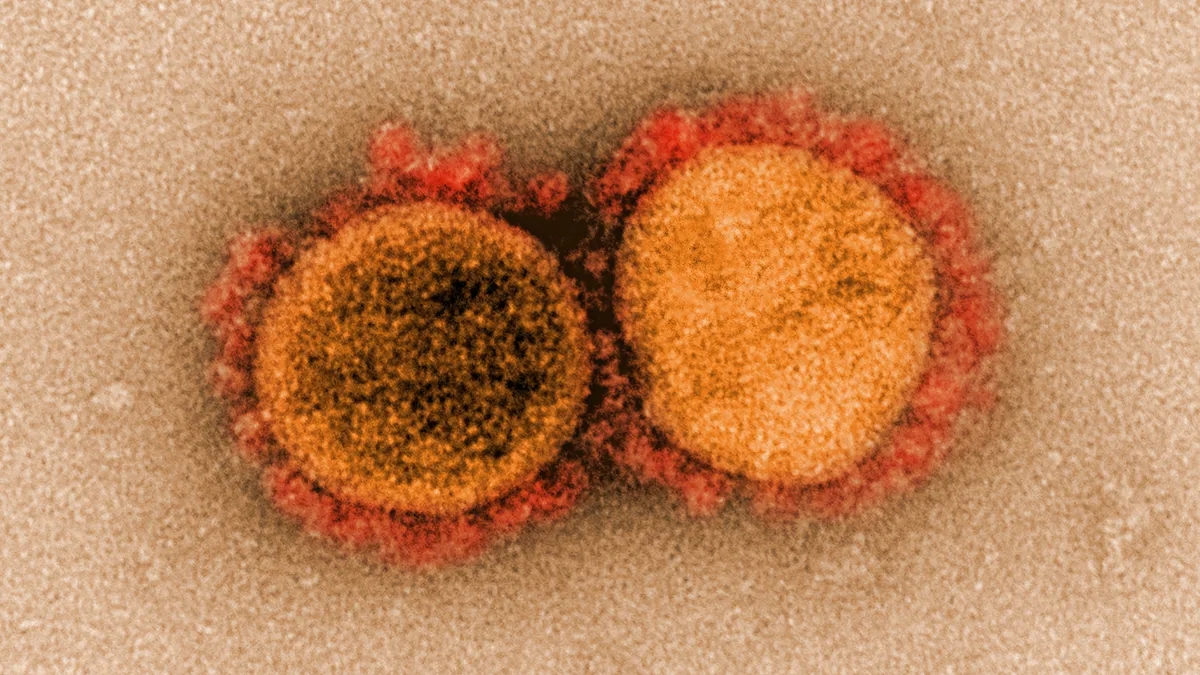Dive Brief:
-
FDA has published a new webpage about the potential impact of SARS-CoV-2 viral mutations on the results of COVID-19 molecular tests.
-
The webpage provides an overview of genetic variations, advice for clinical laboratory staff and healthcare providers, and details about the COVID-19 diagnostics that could be affected by the mutations. FDA warns that SARS-CoV-2 genetic variants arise regularly and false negative test results can occur.
-
Much of the information has been previously published elsewhere but the FDA's webpage features new information about the potential impact of certain mutations on Cepheid's Xpert line of rapid molecular tests. The agency in January first reported that PCR tests from Applied DNA Sciences, Mesa Biotech and Thermo Fisher Scientific may be affected by variants but said the impact does not appear to be significant.
Dive Insight:
The spread of variants of concern such as the B.1.1.7 form of the coronavirus first identified in the U.K. has led FDA to take multiple actions this year. In January, FDA alerted clinical laboratory staff and healthcare providers to the potential for the performance of tests from Applied DNA Sciences, Mesa Biotech and Thermo Fisher to be affected by viral variants. FDA followed up weeks later with information about how test developers can minimize the impact of variants.
With the new webpage, FDA has consolidated its information on the effect of variants on diagnostics in a single location. the agency will update the page as "significant new information" comes to light, making it an evolving reference for the latest major news on variants.
For now, FDA notes that molecular tests that use multiple genetic targets to determine a final result are less likely to be impacted by increased prevalence of genetic variants. However, given the potential for false negatives, the agency recommended lab staff and healthcare providers consider negative results in combination with clinical observations, patient history, and epidemiological information.
FDA also advised considering "repeat testing with a different EUA authorized or FDA cleared molecular diagnostic test (with different genetic targets) if COVID-19 is still suspected after receiving a negative test result."
In addition, the agency's new webpage features information not previously discussed elsewhere. Specifically, FDA has added three Cepheid products — Xpert Xpress SARS-CoV-2, Xpert Xpress SARS-CoV-2 DoD and Xpert Omni SARS-CoV-2 — to the list of molecular tests impacted by coronavirus mutations.
FDA added the products to the list after reviewing "reports noting that two independent single point mutations reduce the test’s sensitivity for detecting the N2 target." The agency said it is "generally unexpected that a single point mutation will impact test performance" but Cepheid appears to have suffered such an impact.
The design of Cepheid's test means the real-world impact is unlikely to be significant. Xpert products test for multiple genetic targets, not just the N2 location affected by the mutation. As such, even if a mutation affects detection of N2, the presence of the E target enables the Xpert Xpress products to give a "presumptive positive" result. Xpert Omni reports a "positive" result when the E gene target is present but N2 is absent due to a mutation.
Cepheid designed the test to detect multiple regions of the viral genome to provide the redundancy needed to identify variants. When Cepheid got its first emergency use authorization more than one year ago, it highlighted the test's ability to detect "potential future variants of SARS-CoV-2."
FDA said the ability of the tests to detect the E gene means "the impact on test performance does not appear to be significant." However, the agency added Cepheid to the list of tests impacted by variants "out of an abundance of caution" and "continues to gather additional information and work with the manufacturer to address this issue." FDA advised users of the test that a "presumptive positive" result may indicate the presence of SARS-CoV-2 nucleic acids.











